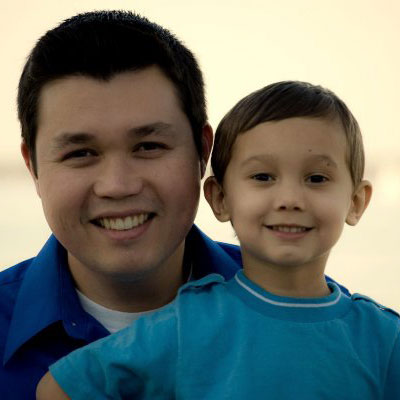2012 Exponential Notes: Discipleship
Posted by Jonathan WilliamsMay 13
This post is the first in a series from my time at the Exponential Conference in Orlando, FL last month. I will post several others in this same category. I invite you to browse all of the notes that I took.
Exponential – Discipleship
Discipleship Profile: Joseph of Aramethia
- Matthew 27:57-61, Mark 15, Luke 23:50-54, John 19:38-40
- He was rich.
- He became a disciple (past tense).
- He fulfills Isaiah 53:9.
- He used his own tomb.
- He’s one of 71 key leaders in the nation. (And he’s even prominent among them).
- Good and upright man.
- He had not consented to the decision to crucify Jesus. (But, why didn’t he do much to stop it?)
- He was a discipleship of Jesus, but secretly…because he feared the Jewish leaders. (Isn’t that tough for us to handle? Isn’t a secret disciple supposed to be an oxymoron?)
- Nicodemus is also a secret disciple.
Application of This Discipleship Profile
- We’re never as strong as we think.
- We’ll be judged by the way we judge others.
- Our job is to encourage(1) the weak, (2) the struggling, (3) the back of the line, and (4) the not-yet-ready.
The 8 Dirty Little Secrets of Discipleship
We have redefined discipleship in unbiblical terms, and we have confused discipleship with leadership.
1. The ultimate mark of a disciple is obedience to what we know.
- Not all of Scripture, but what you already know.
- The word discipleship simply means “follower.”
- When you make your application of obedience mandatory for everyone, you’ve become an accidental Pharisee.
- The Bible teaches generosity. But, it’s expression is different in each disciple’s life.
- The Bible teaches mercy. But, it’s expression (water, orphans, human trafficking, etc.) is different in each disciple’s life.
2. Discipleship is not a linear process.
- The linear model was brought about by type A people, but it’s not for everyone.
- Everyone takes the same lessons, but in a different order.
- Don’t confuse the educational model and the discipleship model.
- Instead of a pathway that we all walk on, let’s focus on moving people in the same direction.
- Every person will relate to God differently.
- And, our discipleship process needs to honor that.
- What works for you may not work for everyone.
4. Whenever spiritual tools become spiritual rules they produce pride rather than disciples.
- People were men and women of God before Guttenberg invented the printing press.
- Not everyone is a reader, eespecially men.
- We can’t look down on people who use different tools than us.
- We should offer as many tools, paths and venues as possible.
5. Knowledge, self-discipline, and personal sacrifice do not equal godliness.
- You can be A+ in these and still be messed up.
- Be careful of pride.
6. When we use the Bible as a mirror, we become more like Jesus. When we use it like binoculars, we become pharisaical.
- Blind spots are not always sin spots.
- The High Place Principle (1Kings 3) – God looks at Solomon and says, “I love your heart. You’re going to
7. We are called to fulfill our calling, not our potential.
- Disciple people to live out their calling, not their potential.
- Sometimes, we must live beneath our potential because of our family, marriage, etc.
- “The day I got married, I changed my ministry potential.” Paul explains that a married life alters your potential (1 Cor 7).
8. If my definition of spirituality is out of reach for the regular guy, it’s out of line with Jesus.
- It’s a both/and. We need discipleship and leadership development. Let’s not cross the verses about the two, making leadership verses about discipleship.
Notes & Quotes
- We’ve been raising the bar higher and higher.
- We’re confusing discipleship and leadership.
- Even Jesus’ disciples don’t consistently live up to our modern discipleship standards.
- If your discipleship standard is higher than Jesus’, then you’re an accidental Pharisee.
- We act like pride is an occupational hazard to discipleship. We act like it’s excusable for us to look down on others. But, pride is number one on God’s “I hate” list.

No comments